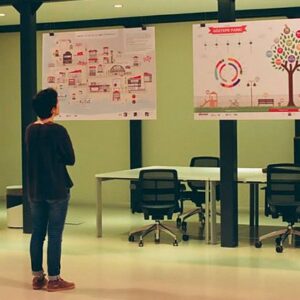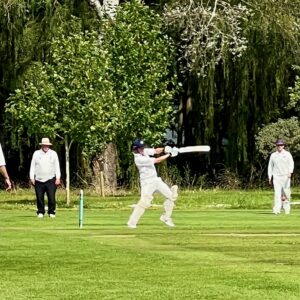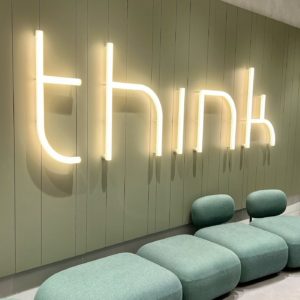Non cognitive skills
We are coming to the realization that non cognitive skills are essential for student success in college, career and in life. Despite the greater numbers of students entering college during the past 15 years, fewer and fewer are leaving with a diploma. Young people today are less likely to enter the workforce as college graduates than their baby boomer parents a generation ago. This is the reality after nearly two decades of K-12 educational reform focusing on rigorous standards designed to enhance academic preparation for college and career.
Somewhere along the way it seems educators forgot that kids need to be engaged in learning and stick with their interests instead of primed for performance on standardized tests. Diane Ravitch, once an advocate for standardization, reminds us that preparation for college and life is more than a “soulless collection of test scores, credits and points.”
We are driven to learn by interest and passion and purpose, not by the soulless collection of test scores, credits, and points. We learn best when we want to learn, not because we are ordered to learn. That which we do by mandate is soon forgotten. That which we seek and find becomes ours forever. — Diane Ravitch
Scholars and students are beginning to rethink the characteristics of a well-rounded, educated person. And they are recognizing that attributes, such as motivation, self-regulation and perseverance combined with strategic skills, such as time management and planning, are moving to the top of the list.
Camille Farrington, an associate professor at the University of Chicago’s Consortium on Chicago School Research (CCSR) explains that “not just content knowledge and academic skills go into academic performance. We’re talking about psychological factors, emotional factors, social factors, … so [students] know how to learn. A teacher who knows that all of that stuff is contributing to a young person’s ability to pay attention, to get involved, to get engaged and think about what they are learning–that’s what we’re talking about when we talk about noncognitive factors.”
Farrington’s comments reflect what college and university administrators are learning about college completion and first generation students. According to a report published by the ACT and Council for Opportunity in Education, The Condition of College & Career Readiness 2014: First Generation Students, most first gens come to college burdened with inferior academic and social preparation in high school than students whose parents have college degrees.
We also know that first generation students possess attributes such as perseverance, self-reliance and motivation. Those attributes are why many of them aspired to and matriculated to college in the first place. But possessing these attributes without effectively utilizing them is all too common. First generation students often lack “soft” skills such as planning and time management because their parents, who have not attended college, can give them little guidance. That lack of guidance has consequences once students enter college. They are often unable to navigate a pathway leading to a diploma and professional opportunities.
Instead of lamenting the lack of solid academic preparation for first generation students, we need to find evidence-based frameworks that consider the roles non cognitive skills play in college completion, professional attainment and overall life outcomes. Some pedagogical approaches, for example project-based learning and inquiry science, attempt to integrate non cognitive skills into overall learning goals, emphasizing to kids the importance of self-motivation and perseverance in the context of strategic planning and time management.
But these approaches are not yet common in either high school or college. We need to think about how to integrate non cognitive skills into courses and curriculum to help raise awareness among students about what they need to know and do in order to excel in college, exit with a diploma, and enter a path of lifelong fulfillment.














No Comments Yet!
You can be first to comment this post!